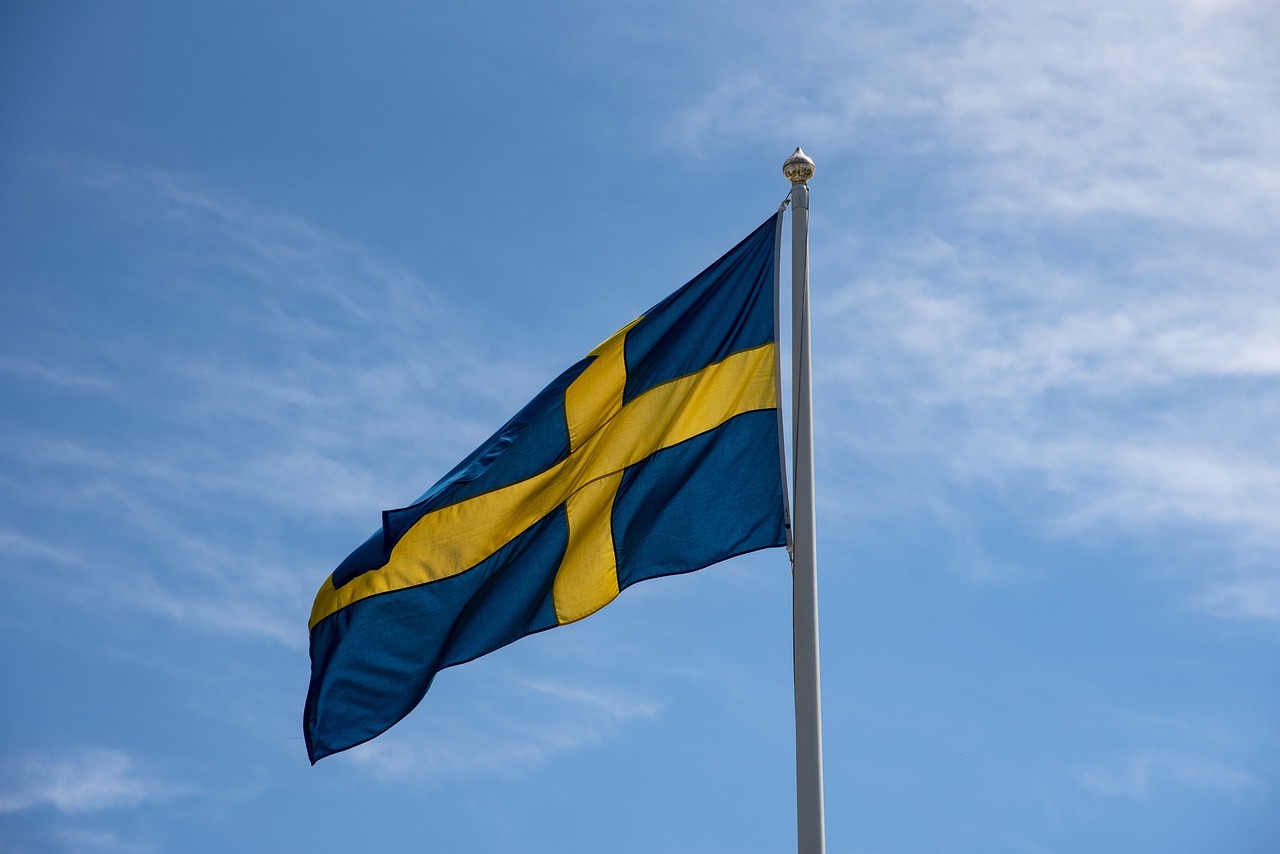You might be surprised to learn about the testosterone mystery surrounding the men in Medieval Sweden. Recent scientific research and historical studies provide us with fascinating evidence that helps us to look into their lives, physical attributes, cultural dynamics, and the potential implications of lacking testosterone in men. As we delve deeper into this intriguing period, the image of Medieval Swedish Men starts to unveil.
Understanding Testosterone
You must remember, testosterone plays key roles in vital body functions. The hormone stimulates the development of secondary sexual characteristics in men, influences mood, and boosts muscle and bone mass. In medieval times, higher testosterone levels might have contributed to superior physical strength and aggressiveness – attributes useful for survival in those times of constant strife.
The Viking Heritage
In those ancient times, every male was not just a family man but also a warrior. The Viking bloodline that flowed through the veins of Medieval Swedish males packaged them with a tough persona – thanks mainly to the raised testosterone levels signifying their lineage.
The Physical Attributes
In general, these elevated testosterone levels manifested themselves physically in various ways. Historical sources depict Medieval Swedish men as tall, strong and rugged individuals – traits associated with high testosterone levels. These were particularly essential characteristics considering their rough living conditions and propensity towards conflicts and wars.
Battle-Ready Lifestyle and Increased Testosterone
Living in harsh environments under continuous threat imbued a necessity to always stay battle-ready. This situation potentially enhanced their testosterone production by promoting the need for increased strength, aggression and resilience.
Cultural Norms and Testosterone
Undoubtedly cultural norms had an influence on the testosterone levels among these men. It was a society that prized courage, physical strength, and deftness in battle, which likely facilitated their already high testosterone.
Impact on Health and Longevity
Testosterone can also have significant implications for health and longevity. If you look at Medieval Swedish men from this perspective, you will notice that health was robust considering the harsh conditions, but life expectancy remained low due to high rates of violent deaths. The testosterone mystery deepens here with its dual narrative.
Trends in Testosterone Levels Over Time
Shifting your gaze to the bigger picture, it becomes evident that testosterone has seen much fluctuation through the centuries. Modern lifestyle changes have led to a decline in its levels when compared to our ancestors. This adds another layer to the intricate relationship between society, lifestyle and hormones.
Implications on Modern Men
By studying Medieval Swedish men and their testosterone levels, scientists are drawing parallels with modern men. They are particularly interested in whether inherited traits may be influencing contemporary testosterone levels and consequently affecting male fertility rates.
Testosterone and Male Fertility
The link between testosterone levels and male fertility cannot be overemphasized, and research using the data derived from our Medieval ancestors is helping shed more light on this issue.
Evolving Dietary Patterns
Decoding these secrets might also force one to consider dietary patterns. If medieval diets, typically rich in protein and fat with seasonal availability of fruits and vegetables affected testosterone levels, What implications might it have on current dietary trends?
Significance of Physical Activity
An essential lifestyle element that stands out is physical activity – crucial not just for survival but also in boosting testosterone levels. It causes us to reconsider the health impacts of our modern sedentary lives.
The Socio-cultural Impact
Today’s society may not value the aggressive characteristics associated with high testosterone, as the Medieval societies did. But the influence of testosterone on men’s behavior is undeniably significant across societies and times.
Relevance to Modern Medicine
The role modern medicine can play in handling the changing trends of male hormone levels is fascinating. Can testosterone therapy be a potential solution? What are its implications for the modern man?
A Final Thought
Digging into the past uncovers intriguing details about Medieval Swedish men and their testosterone levels. The mystery has clearly piqued scientific interest in reassessing our understanding of the complex hormone and its impact on men, both in medieval times and now. It prompts you to look beyond mere survival and delve into the realm of genetics, hormones and modern health challenges.
